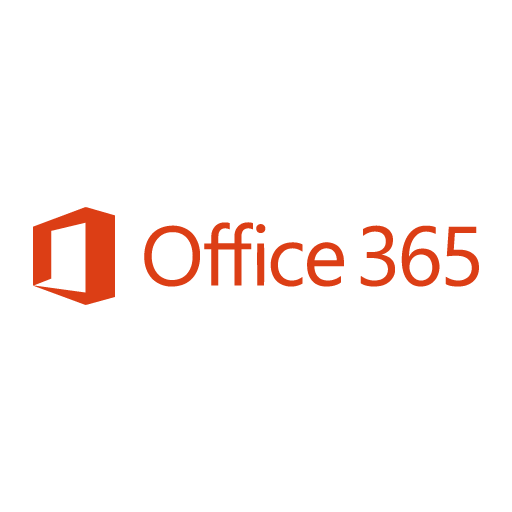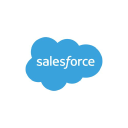How I Started A $200K Real Estate Brokerage Business
Hello! Who are you and what business did you start?
My name is Andy Detweiler and I’m the founder of The Rockville Real Estate Exchange in Rockville, Maryland.
We’re the first real estate brokerage where you can read about every neighborhood in a major metropolitan area (including apartments), see what’s for sale and what’s for rent, and, when ready, contact a true neighborhood expert who lives in the area.
I started as a regular real estate agent and then became a real estate broker, bootstrapping my tech stack and company along the way.
I’ve built up to about $200K per year in revenue myself and am now starting to expand while turning my front-end into a completely proprietary technology product and platform.








































